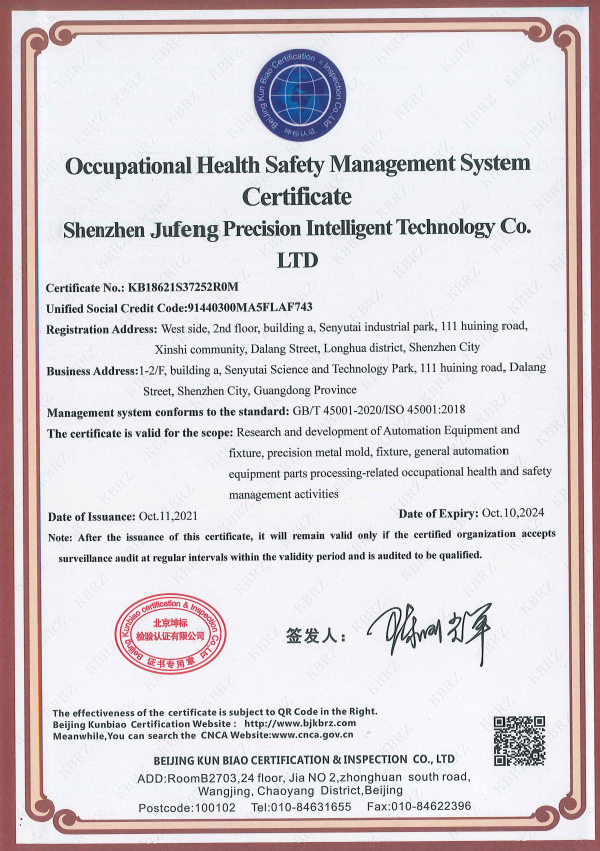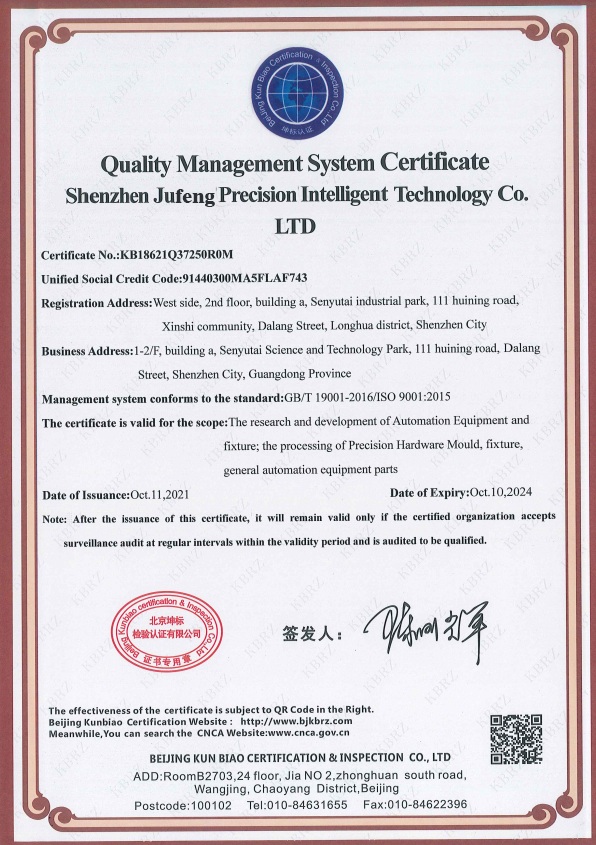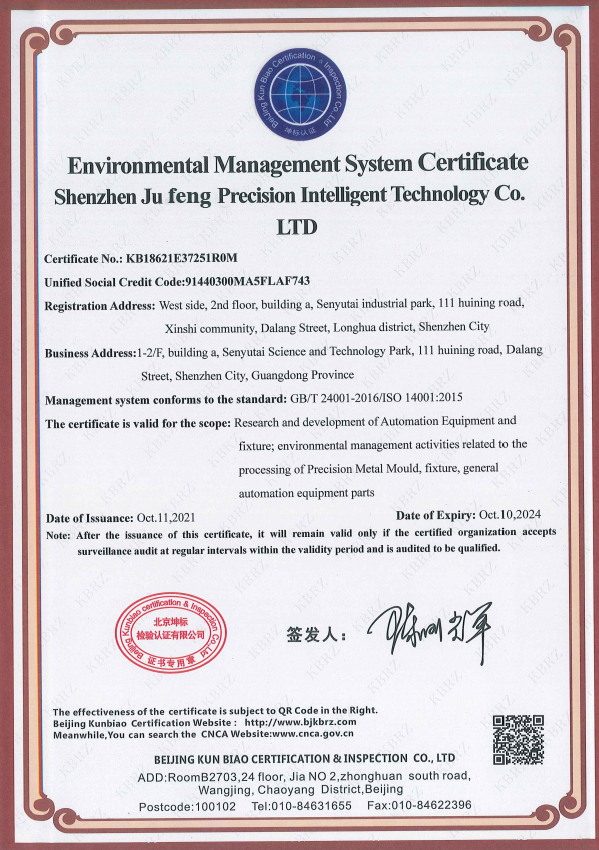News
Understanding the Importance of PSA Press Fixtures in Industrial Applications
---
In the industrial landscape, particularly in the field of tooling and fixtures, PSA press fixtures play a crucial role in enhancing operational efficiency and product quality. PSA, which stands for Pressure Sensitive Adhesive, refers to a type of adhesive that bonds materials upon application of pressure, without the need for additional activation. This characteristic makes PSA press fixtures versatile and widely utilized across various manufacturing processes.
One of the primary advantages of PSA press fixtures is their ability to offer precise alignment and secure placement of components during assembly or machining processes. This precision is essential, as even minor misalignments can lead to defects, inefficiencies, and increased production costs. By utilizing PSA technology, manufacturers can ensure that parts are held firmly in place, allowing for accurate machining and assembly.
PSA press fixtures are particularly beneficial in applications that require quick setup and changeover times. In modern manufacturing environments where time is of the essence, the ability to swiftly reposition or replace fixtures can dramatically improve workflow efficiency. This adaptability is essential for businesses that operate on just-in-time manufacturing principles or those that handle a diverse product range.
Moreover, PSA press fixtures can significantly reduce the risk of damage to sensitive components. Traditional clamping methods may apply excessive force or pressure, potentially leading to deformation or surface damage. In contrast, PSA fixtures gently secure components, maintaining their integrity while ensuring they remain stationary during operations. This is especially crucial in industries dealing with delicate materials or complex geometries.
Another notable aspect of PSA press fixtures is their compatibility with various materials, including metals, plastics, and composites. This versatility allows manufacturers to integrate PSA technology into diverse applications, from automotive assembly to electronics fabrication. By facilitating the bonding of different materials, PSA fixtures enable innovative design solutions and streamline the production process.
In summary, PSA press fixtures are invaluable tools in the industrial sector, offering enhanced precision, reduced setup times, and protection for delicate components. Their adaptability across materials and processes makes them an essential consideration for professionals in the tooling and fixtures domain. As industries continue to evolve, the integration of PSA technology will likely pave the way for new advancements in manufacturing efficiency and product quality. By understanding the benefits and applications of PSA press fixtures, manufacturers can make informed decisions that contribute to their operational success.
In the industrial landscape, particularly in the field of tooling and fixtures, PSA press fixtures play a crucial role in enhancing operational efficiency and product quality. PSA, which stands for Pressure Sensitive Adhesive, refers to a type of adhesive that bonds materials upon application of pressure, without the need for additional activation. This characteristic makes PSA press fixtures versatile and widely utilized across various manufacturing processes.
One of the primary advantages of PSA press fixtures is their ability to offer precise alignment and secure placement of components during assembly or machining processes. This precision is essential, as even minor misalignments can lead to defects, inefficiencies, and increased production costs. By utilizing PSA technology, manufacturers can ensure that parts are held firmly in place, allowing for accurate machining and assembly.
PSA press fixtures are particularly beneficial in applications that require quick setup and changeover times. In modern manufacturing environments where time is of the essence, the ability to swiftly reposition or replace fixtures can dramatically improve workflow efficiency. This adaptability is essential for businesses that operate on just-in-time manufacturing principles or those that handle a diverse product range.
Moreover, PSA press fixtures can significantly reduce the risk of damage to sensitive components. Traditional clamping methods may apply excessive force or pressure, potentially leading to deformation or surface damage. In contrast, PSA fixtures gently secure components, maintaining their integrity while ensuring they remain stationary during operations. This is especially crucial in industries dealing with delicate materials or complex geometries.
Another notable aspect of PSA press fixtures is their compatibility with various materials, including metals, plastics, and composites. This versatility allows manufacturers to integrate PSA technology into diverse applications, from automotive assembly to electronics fabrication. By facilitating the bonding of different materials, PSA fixtures enable innovative design solutions and streamline the production process.
In summary, PSA press fixtures are invaluable tools in the industrial sector, offering enhanced precision, reduced setup times, and protection for delicate components. Their adaptability across materials and processes makes them an essential consideration for professionals in the tooling and fixtures domain. As industries continue to evolve, the integration of PSA technology will likely pave the way for new advancements in manufacturing efficiency and product quality. By understanding the benefits and applications of PSA press fixtures, manufacturers can make informed decisions that contribute to their operational success.




